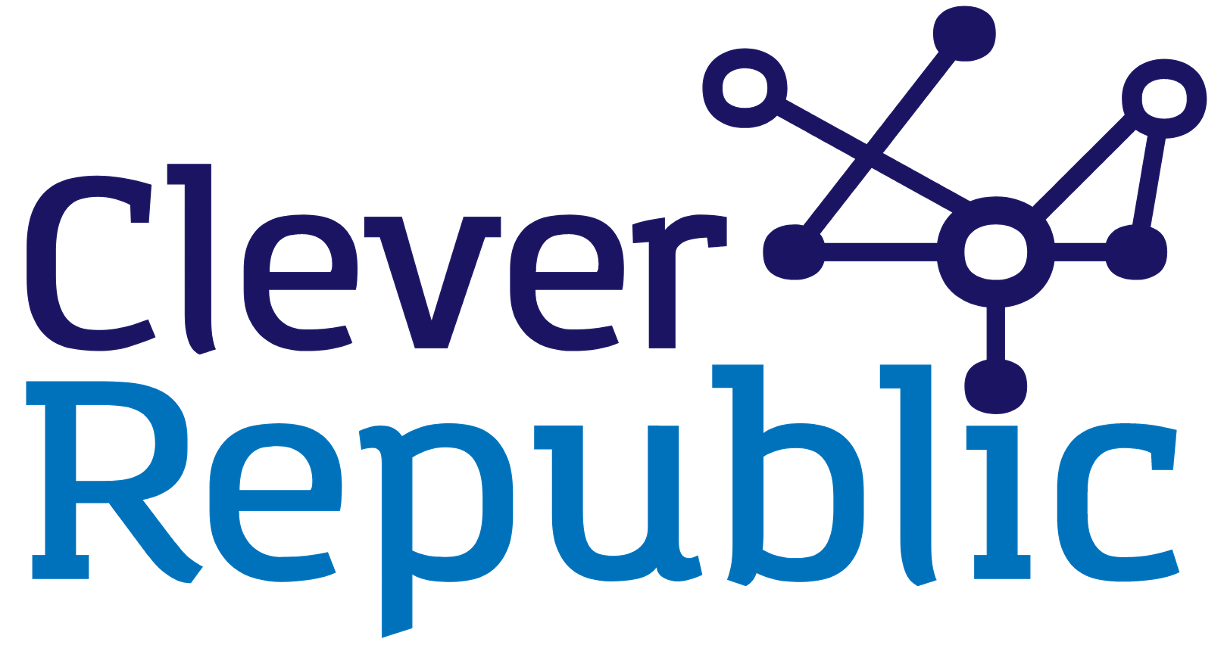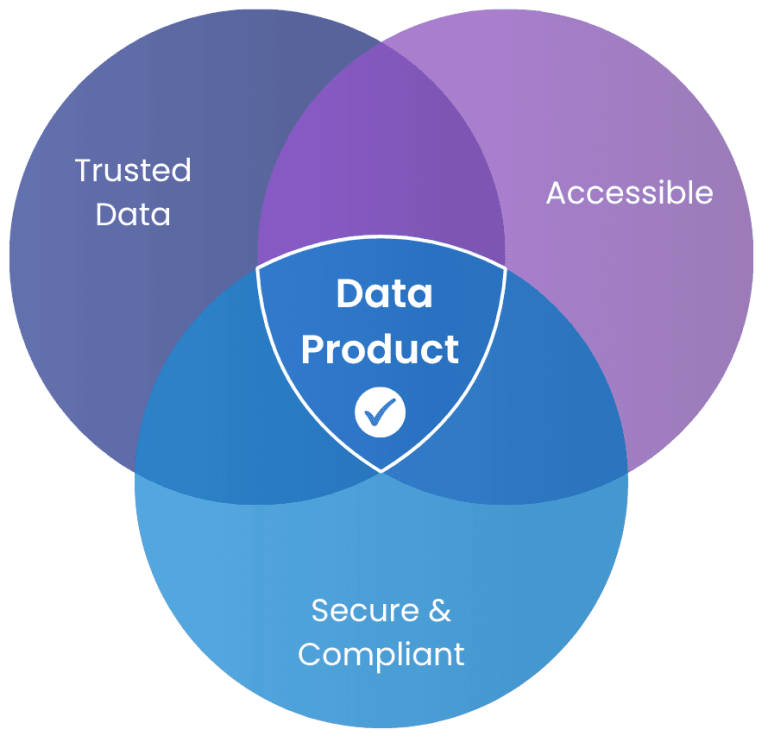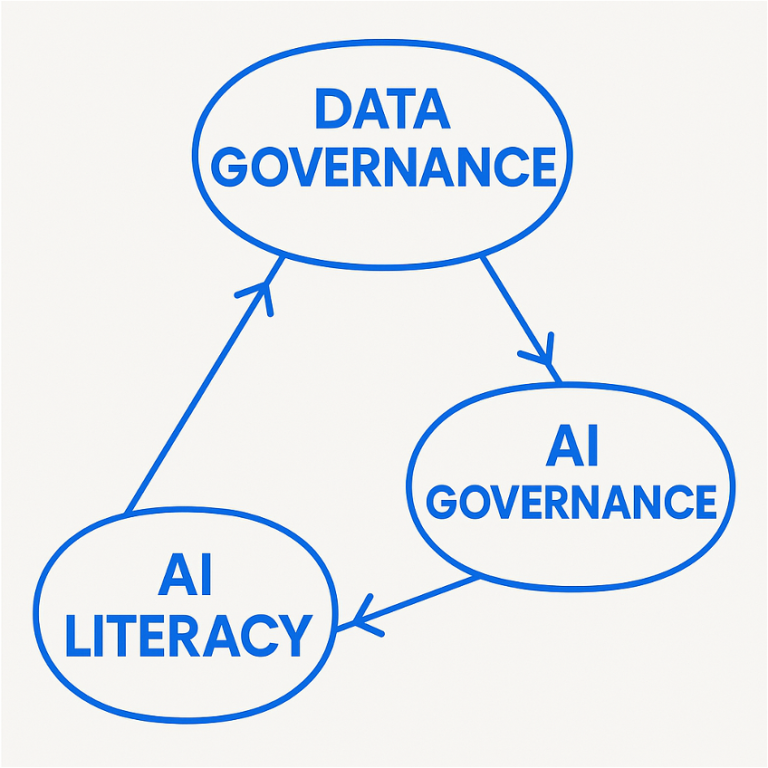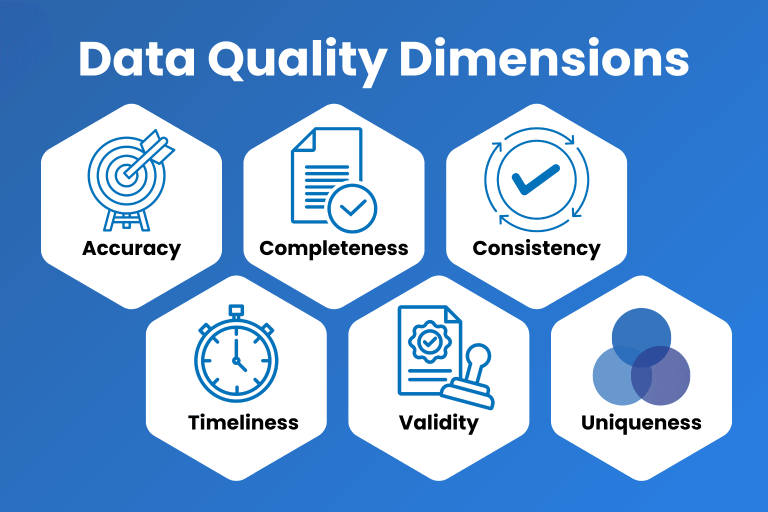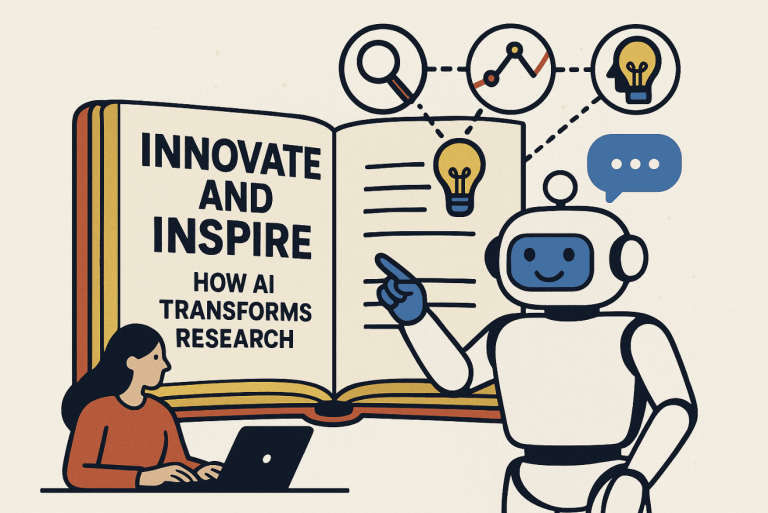Large Language Models (LLMs) have gone from a niche research topic to everyday tools in just a few short years. Whether you’re asking for recipe ideas, debugging code, or exploring philosophical questions, chances are you’re interacting with one of a handful of advanced AI models. But not all LLMs are created equal: each has its own strengths, quirks, and limitations. Earlier, we delved more into which types of LLMs there and and their differences, now we’re helping you choose what AI assistant works best in your scenario.
In this blog, we’ll look at some of the most widely used and discussed LLMs of 2025: ChatGPT, DeepSeek, Google’s Gemini, and Google Search’s generative AI. We will explore what they offer, where they shine, and where they stumble.
1. ChatGPT (OpenAI)
Overview
ChatGPT, developed by OpenAI, is one of the most recognisable names in AI. It was the first of its kind that was accessible to the public at the end of 2022: and no one has forgotten the name since. Built on the GPT family of models, it powers everything from casual conversation to complex technical assistance. The current public model, GPT-5o, is multimodal. It can handle text, images, and even real-time audio.

Pros
- Versatile & user-friendly: Handles casual chat, creative writing, coding, analysis, and more.
- Multimodal: Accepts text, image, and audio inputs in some versions.
- Ecosystem integration: Works with tools like Microsoft Copilot, Slack, and various APIs. You can even chat with ChatGPT in a WhatsApp chat!
- Constant updates: Frequent model improvements and new features. Recently, the -5o was released and more thorough research options where the reply will take longer to generate, but the results might be more accurate.
- Customisable GPTs: easily feed ChatGPT information that you might need quick access to with the possibility to create a CustomGPT tailored to your needs within a specific context.
Cons
- Closed source: No access to weights or full training details.
- Occasional hallucinations: Can produce confident but inaccurate information. If one is not knowledgeable on the topic at hand, misinformation might spread.
- Subscription cost: ChatGPT is behind a paywall for many use cases. If you also want to deselect that ChatGPT cannot use your chat information for re-training, you need a paid subscription.
Best for
Individuals and teams who want an all-rounder AI that balances usability, creativity, and reliability.
2. DeepSeek
Overview
DeepSeek, a Chinese-developed open source LLM, has made waves for its high performance at a fraction of the cost of Western alternatives. It’s available in multiple sizes, and in both base and chat-tuned versions.

Pros
- Open source: Full access to weights, allowing for deep customisation.
- Cost-effective: Efficient to run compared to models of similar size.
- Transparent reasoning: Some versions show their “chain of thought,” helping users follow the logic. This way users are able to see how they can improve their prompts as well to gain even more accurate results.
Cons
- Bias & content gaps: Reports of historical omissions or ideological bias. For example, the AI System was accused of not recognising Taiwan as a county.
- Security/IP concerns: Allegations of training on unlicensed data.
- Bilingual support: Optimised for English and Chinese.
Best for
Developers and researchers who want a powerful open model they can control, adapt, and run locally and users that want to improve prompting because it’s more easy to see the trail of thoughts.
3. Google’s Gemini (Ultra, Pro, Flash, and Gemma)
Overview
Gemini is part of Google LLM family, replacing Bard as Google’s main chatbot. It ranges from lightweight on-device models to top-end reasoning engines, and includes Gemma, an open-weight research version. Gemini models are deeply integrated into Google’s products, from Workspace to Android.

Pros
- High benchmark performance: Especially strong in reasoning, coding, and multimodal tasks.
- Deep Think mode: Step-by-step reasoning for complex problems.
- Long context: Can handle millions of tokens in some versions.
- Ecosystem integration: Already embedded into Gmail, Docs, and Search.
Cons
- Closed source for main versions, with Gemma being the exception
- Expensive for large-scale API use: High pricing tokens for top models.
- Accuracy issues: Despite strong reasoning, can still produce factual errors and hallucinate.
Best for
Users and businesses already invested in Google’s ecosystem who want cutting-edge AI features.
4. Google Search’s Generative AI (AI Overviews)
Overview
This is the AI that answers your Google searches with summaries, plans, or even recipes before you click a link. It’s powered by a variant of Gemini mentioned before and is designed to make search more conversational and context-aware.
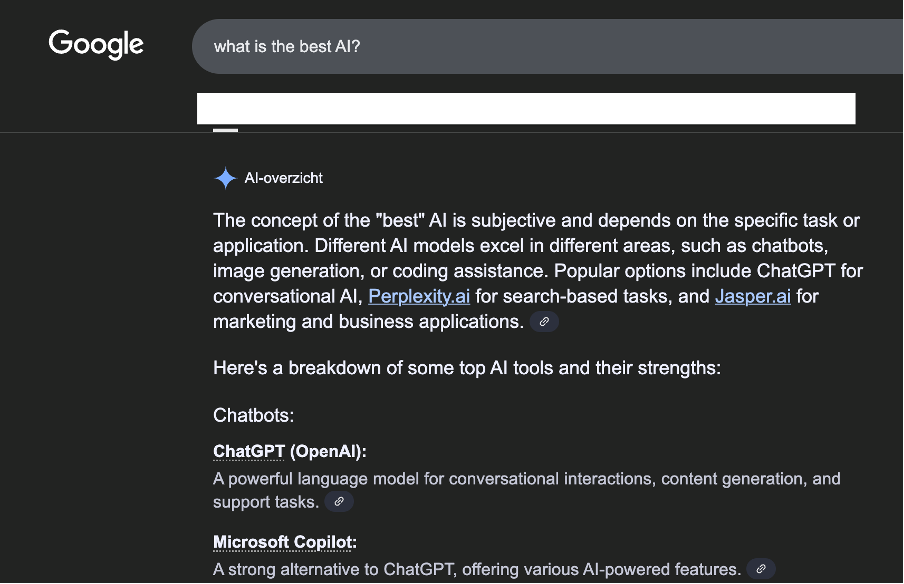
Pros
- Easy to use: Google is one (if not the) of the top search engines, it’s an integrated part in many of our professional and private lives with a user-friendly layout and functionality
- Convenient: Saves time by summarising key points directly in search results.
- Multimodal: Handles images and videos as part of answers.
- Learning mode: Guided Learning features help explain concepts step-by-step
Cons
- Accuracy concerns: Studies have shown significant error rates in certain domains (e.g., healthcare, finance).
- Closed: Google rarely discloses exactly which model or version is running, this can influence the output of the model.
- Risk of over-reliance: Summaries can discourage deeper research and human oversight is even more important.
Best for
Quick overviews and inspiration when researching, but when fact-checking it is best paired with traditional sources for verification.
Comparison of the models
ChatGPT(OpenAI)
Open/Closed: Closed
Strenghts: Multimodel, Versatile
Weaknesses: Paywall for privacy settings, hallucinations
DeepSeek
Open/Closed: Open
Strenghts: Customisable, cost-effective
Weaknesses: Bias concerns, security risks
Gemini
Open/Closed: Closed
Strenghts: High performance, Google integration
Weaknesses: Expensive, factual errors
Google Search AI Overview
Open/Closed: Closed
Strenghts: Instant answers, direct links to sources
Weaknesses: Accuracy issues
4. Google Search’s Generative AI (AI Overviews)
The LLM landscape is evolving fast. ChatGPT leads in public awareness and broad usability, Gemini dominates in Google’s ecosystem, DeepSeek pushes open source boundaries, and AI in Google Search brings generative capabilities to everyday browsing.
Which is “best” depends on your needs:
- Want flexibility and open experimentation? DeepSeek.
- Need a polished, generalist assistant? ChatGPT.
- Embedded in Google tools and want cutting-edge reasoning? Gemini.
- Just want fast summaries while searching? Google’s AI Overviews.
One thing’s certain: the race is far from over and with each new update, the definition of “best AI” shifts again.
Want to discuss AI (Governance) related interests? Reach out to us! We are always happy to chat and share our thoughts. Reach out to us at info@cleverrepublic.com.
